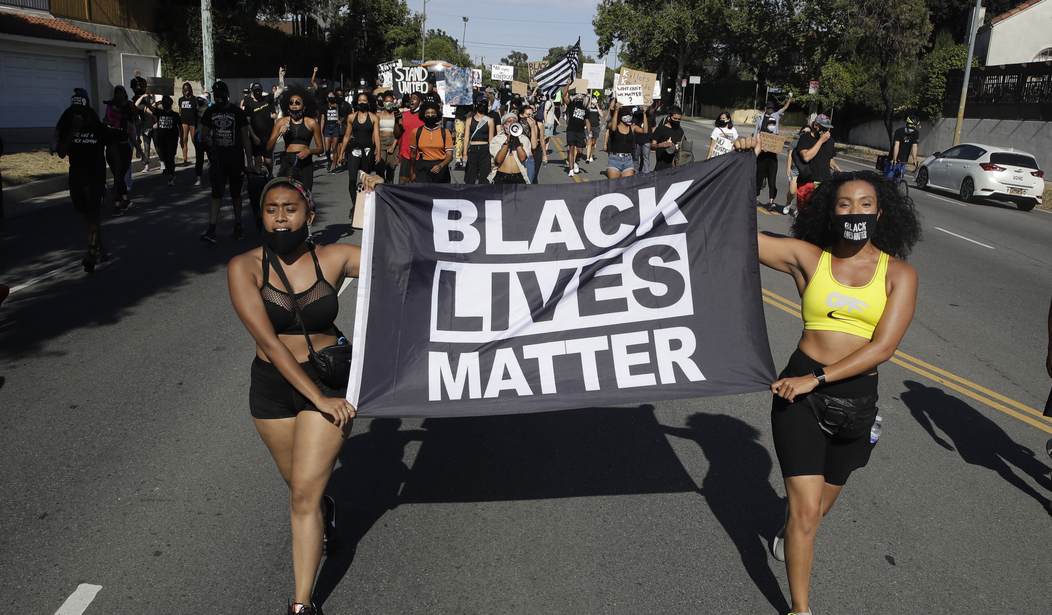In ¡Three Amigos!, a funny 1986 movie, one particular word puzzles Dusty Bottoms (Chevy Chase): “What does that mean?Infamous?” Ned Nederlander (Martin Short) responds, “Infamous is when you’re more than famous! This guy El Guapo is not just famous, he’s IN-famous!”
These days, when we hear academic folks uttering new holy words —“diversity,” “intersectionality,” “systemic racism”— many conservatives deny in knee-jerk fashion that such a goal is important or such a thing exists. Christians should be different. Instead of denying problems, we should acknowledge them, then expand understanding by viewing them Biblically.
Instead of scoffing at diversity-talk we should say, “Your diversity is too thin: Let’s have hyper-diversity.” Paul famously wrote, “There is neither Jew nor Greek, there is neither slave nor free, there is no male and female, for you are all one in Christ Jesus” (Galatians 3:28). Yes: We should welcome into our churches or colleges different nationalities, different legal statuses, and of course both male and female.
Today, instead of limiting “diversity” to the big three of race, sex, and sexual orientation, let’s say, “I’ll see your three and raise you three: Let’s add religion, ideology, and abortion orientation,” since the current Supreme Court battle shows abortion is our most divisive current issue.
After all, is it harder now for a lesbian or an openly pro-life woman to get a tenure track position at a major liberal arts college? Who is more likely to get a promotion at most Fortune 500 companies, someone who sports a Black Lives Matter sticker or someone who keeps an open Bible on his desk?
If we’re asked why a particular dispute like abortion should be singled out, let’s respond, “Fine. Let’s add issues such as socialism versus free enterprise, or evolution versus creation, and do all we can to let students hear a diversity of views.”
Recommended
Christians who bristle about “intersectionality”— the idea that people can face discrimination for a multiplicity of reasons — should instead say, “Of course. Because of original sin, life is hard, for multiple reasons. Your intersectionality is too small.”
All have sinned — see Romans 3:23 — and sinful individuals create sinful systems. Mega-intersectionality includes structural problems in housing and banking that liberals have pointed out — “redlining” was a long-term sin — and also a welfare system that discourages marriage, a lack of school choice that traps poor kids in awful schools, and an abundance of cohabiting relationships that often lead to children growing up without dads.
And while we’re examining IN-famous problems, let’s be sure to emphasize street-level reality rather than suite-level theorizing. If we’re into castigating “white privilege,” let’s acknowledge that one of the most privileged people of 2020 is Robin DiAngelo. She’s white and reportedly charges $10,000-and-up to give a speech attacking whites and — according to black linguist John McWhorter — condescending to blacks.
McWhorter applies critical thinking to “critical race theory” and DiAngelo’s best-selling book,White Fragility: He wrote inThe Atlantic and said on NPR that it “openly infantilized Black people” and “simply dehumanized us” by teaching that “Black people’s feelings must be stepped around to an exquisitely sensitive degree [since] Black people are unusually weak.”
His critique is just. DiAngelo and others teach that fragile white folks who feel defensive when charged with racism must not say things like “I marched in the ’60s” or “You don’t know me” or “You are generalizing.” Such comments will purportedly make fragile black folks furious.
The Bible emphasizes not fragility but strengthening. Proverbs 27 IN-famously tells us, “Iron sharpens iron, and one man sharpens another.” Ecclesiastes 10:10 adds, “If the iron is blunt, and one does not sharpen the edge, he must use more strength, but wisdom helps one to succeed.”
I’ll end with a theological twist from famous pastor Tim Keller: “Doubt doubt.” When a materialist professor discounts Christian testimonies by saying people believe only because they’re part of a particular social group, we should neither nod nor get angry. Instead, let’s ask, “Why do you disbelieve? Why shouldn’t we discount your argument?”

























Join the conversation as a VIP Member